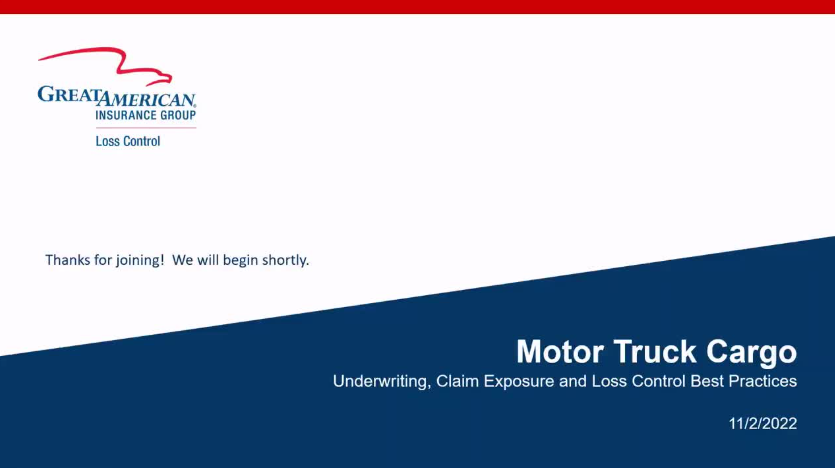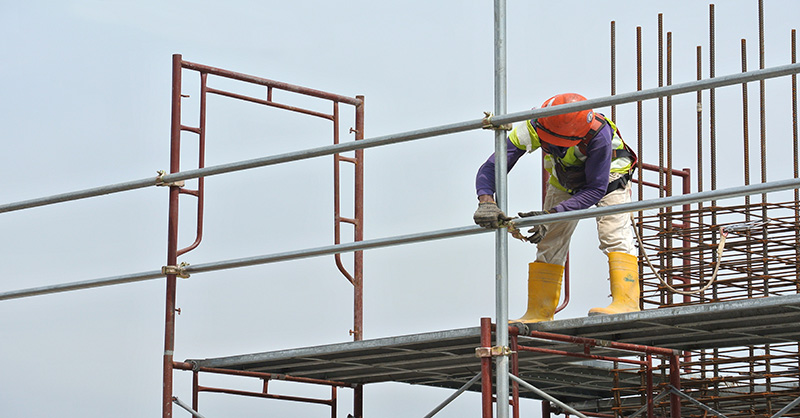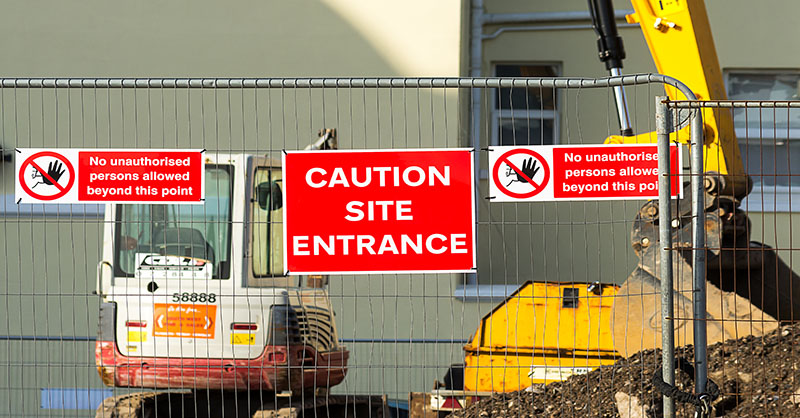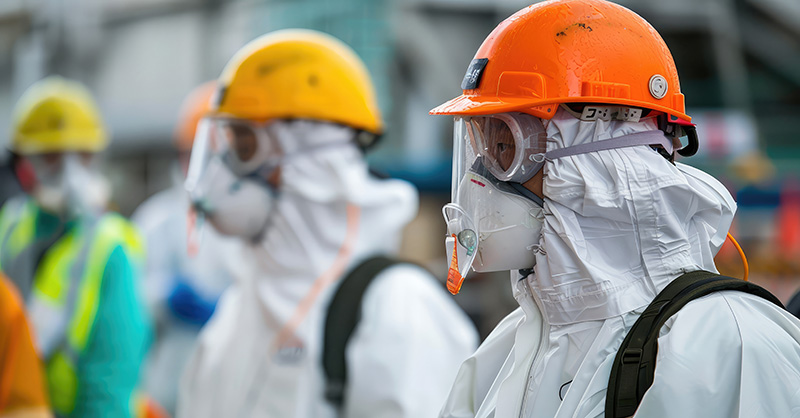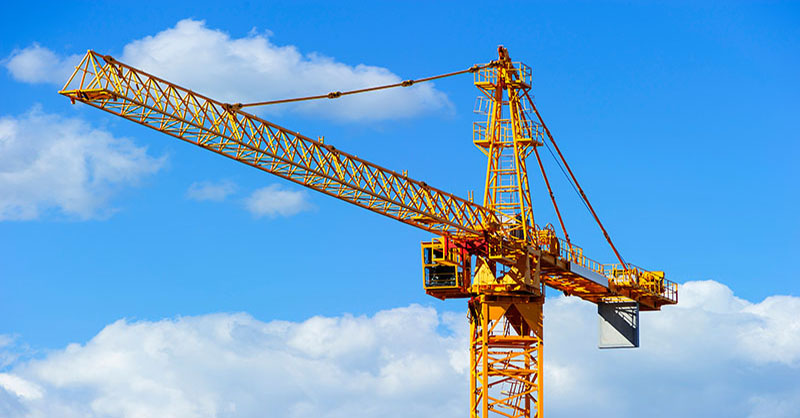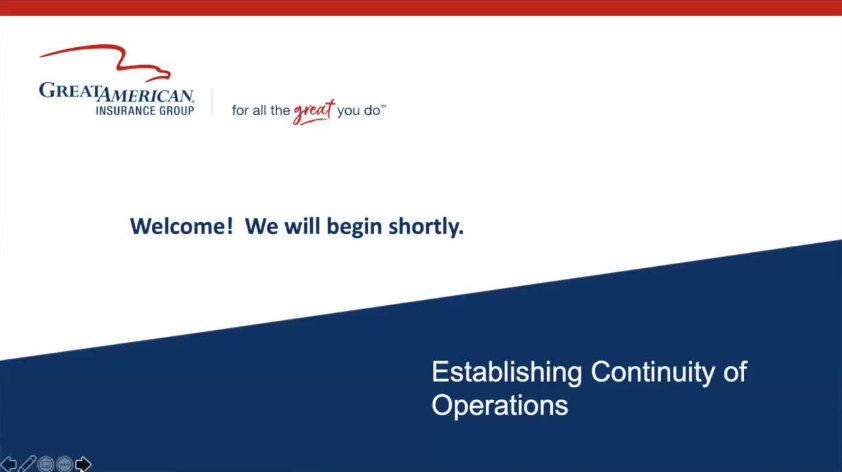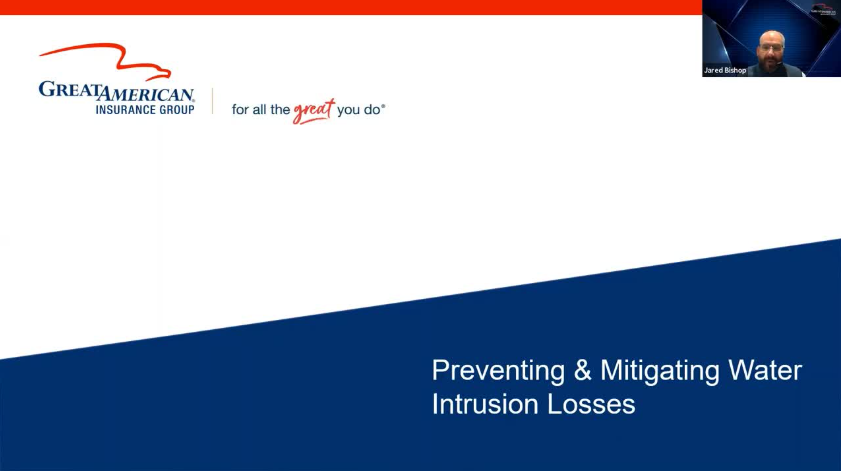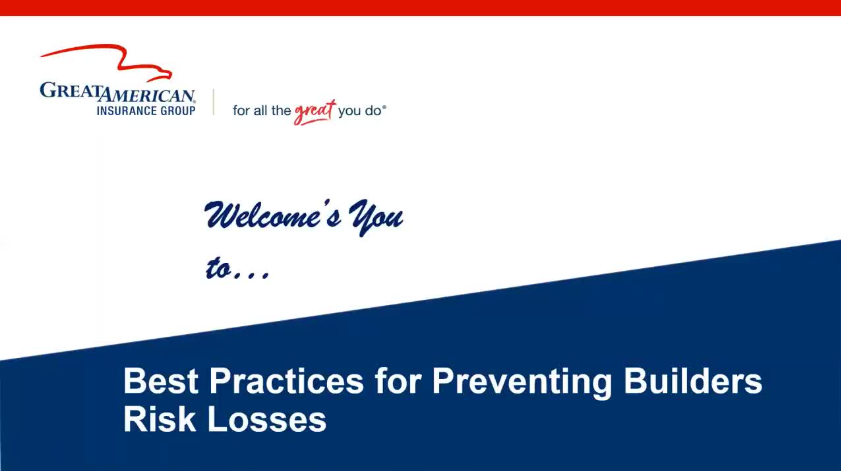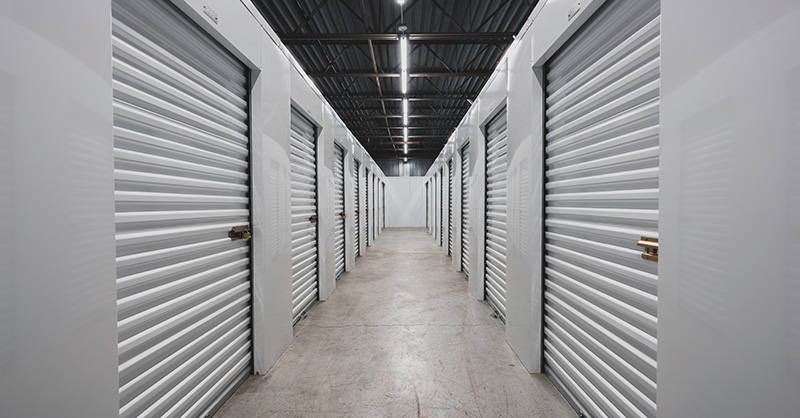Preserve Your Fire Protection System From Frozen Pipes
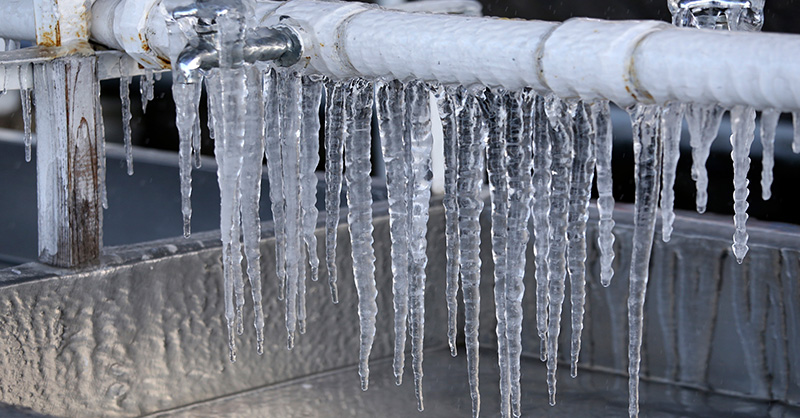
This checklist provides information on methods to help prevent the freezing of systems and precautions to reduce the risk of fire if a system freezes.
Cold temperatures can cause the freezing of water in sprinkler system piping, which can create a serious impairment of a building’s fire protection system. A frozen fire protection system can not only result in fire losses due to the crippled extinguishing system, but also extensive water damage to the building and its contents due to pipes bursting. This checklist provides information on methods to help prevent the freezing of systems and precautions to reduce the risk of fire if a system freezes.
Preventing Freezing
Impairment of fire protection systems due to frozen pipes can subject a protected property to significant losses. At a minimum, the following should be considered to help prevent or reduce the likelihood of a frozen system:
- Provide heat to areas in a facility where there is a water-based fire protection system and in which temperatures may fall below 40°F (4°C).
- Repair broken windows, ill-fitting doors and other items that allow heat loss.
- Install a dry-pipe sprinkler system in areas where a wet system has a history of freezing.
- Verify that systems protected with antifreeze solution have the proper proportions of antifreeze and water.
- Provide heated or adequately insulated enclosures for pipes exposed to low temperatures.
- Ensure that underground pipes are installed below the frost line and add a greater depth of earth over the pipes, if needed.
- Keep snow, water and ice away from hydrants, valves and standpipe connections.
- Allow for a slight water flow in piping systems, such as water mains and feed lines, by opening a drain in a heated area or another valve to cause a slight water flow. Do not open valves in the sprinkler piping, as this will activate alarms.
- Repair leaking or damaged hydrants.
Precautions to Take While a System is Impaired
There are several general precautions that should be implemented when a suppression system is impaired, including impairments due to freezing. These include the following:
- Do not use torches or other open flame devices to thaw pipes or other equipment.
- Provide temporary heating in the area. However, do not use portable heating equipment, such as salamanders and other unvented fuel-burning heaters since they introduce both fire and health hazards.
- Do not store fuel for temporary heating systems in areas not designed for that purpose.
- Suspend all hazardous operations in the impaired area.
- Notify employees, your insurance carrier and the local fire department that the system is impaired.
- Close all fire doors and openings between work areas to limit the spread of a fire.
- Establish temporary fire protection measures in the impaired area, including adding portable extinguishers and stretching fire hoses from unaffected areas.


